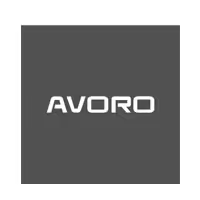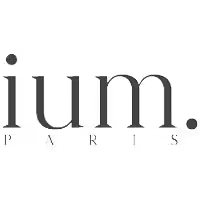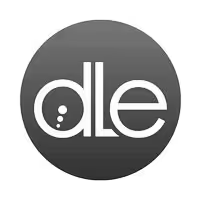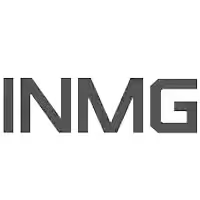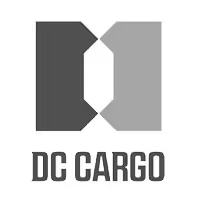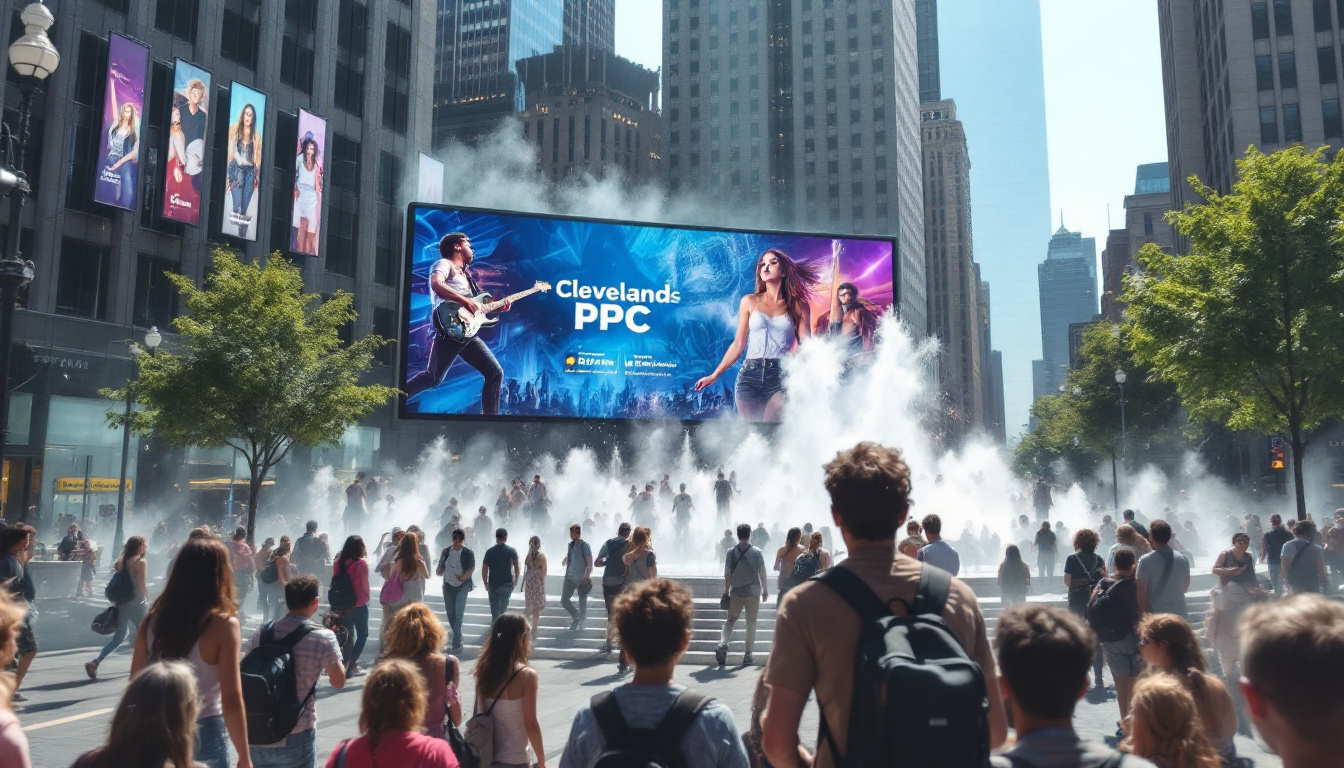Promoting Waco's Hotels and Restaurants: Effective Google Ads Strategies for Tourism Growth

In the rapidly evolving landscape of digital marketing, Waco's hotels and restaurants stand to gain significantly by implementing targeted Google Ads strategies. As a popular destination for travelers seeking unique experiences, understanding how to effectively harness the power of Google Ads can be transformative for local businesses in the tourism sector.
Understanding the Importance of Google Ads in Tourism
As travel behaviors shift and more consumers turn to online platforms for information and bookings, it becomes essential for businesses to establish a prominent online presence. Google Ads provides an avenue for hotels and restaurants in Waco to reach potential visitors actively searching for places to stay and dine.
The Role of Google Ads in Promoting Tourism
Google Ads plays a crucial role in promoting tourism by effectively targeting users based on their search intent. When travelers search for accommodations or dining options, businesses that utilize Google Ads can appear at the top of search results, increasing visibility and attracting clicks. This visibility can lead to a significant uptick in bookings and reservations.
Moreover, Google Ads allows for geographically targeted campaigns that specifically reach audiences in key markets. By tailoring ads to fit the demographics and interests of potential visitors, Waco's hotels and restaurants can craft messages that resonate strongly with these audiences.
Why Waco's Hotels and Restaurants Should Leverage Google Ads
Waco's unique cultural offerings, including its historical landmarks and vibrant dining scene, present a golden opportunity for businesses to captivate tourists. Leveraging Google Ads can help hotels and restaurants compete with larger chains, ensuring they are not overlooked in favor of more prominent brands.
Furthermore, Google Ads campaigns are flexible, allowing businesses to test various strategies and adapt quickly as trends or preferences shift. This adaptability is key in a fast-paced tourism market, where customer interests can change rapidly.
Key Google Ads Strategies for Hotels and Restaurants
To maximize the effectiveness of Google Ads campaigns, hotels and restaurants must implement targeted strategies that align with their unique offerings and customer profiles. Here are several key strategies that can elevate their advertising efforts.
Utilizing Keyword Research for Effective Ad Campaigns
Keyword research serves as the foundation of a successful Google Ads campaign. By identifying and using relevant keywords that potential customers are using in their searches, businesses can ensure their ads appear in front of the right audience.
Tools such as Google's Keyword Planner can aid in discovering high-volume search terms or phrases related to Waco's hospitality options. It’s important to focus on both short-tail keywords (e.g., "hotels in Waco") and long-tail keywords (e.g., "family-friendly hotels in Waco"). This combination helps to capture a broader range of potential guests. Moreover, analyzing competitors' keywords can provide insights into market trends and help identify gaps in the current offerings, allowing hotels and restaurants to position themselves more effectively in the digital landscape.
Crafting Compelling Ad Copies for Higher Click-Through Rates
Once the right keywords are identified, it’s necessary to craft compelling ad copies that will attract clicks. Highlighting unique selling points, promotions, or local attractions can entice potential visitors to choose a Waco hotel or restaurant over competitors.
Utilizing attractive call-to-action phrases such as “Book Now,” “Reserve Your Table Today,” or “Discover Waco's Hidden Gems” can significantly improve click-through rates. Engaging copy not only attracts attention but also provides an immediate incentive to act. Additionally, incorporating emotional triggers, such as evoking a sense of adventure or relaxation, can resonate with potential customers, making them more likely to engage with the ad. Tailoring the message to reflect seasonal events or local festivals can also create a sense of urgency and relevance, encouraging immediate bookings.
Optimizing Landing Pages for Better Conversion Rates
After potential customers click on an ad, the experience continues on the landing page. Ensuring that landing pages are optimized for conversions is crucial in turning clicks into bookings. The landing page should provide clear and concise information that aligns with the ad copy.
High-quality images, easy navigation, and straightforward booking processes can enhance user experience and increase the likelihood of conversion. Additionally, incorporating testimonials and reviews can build trust and guide decisions. It’s also beneficial to include interactive elements such as virtual tours of the hotel or restaurant, which can engage visitors more deeply and provide a realistic preview of what to expect. Furthermore, ensuring that the landing page is mobile-friendly is essential, as many users will be browsing on their smartphones, and a seamless mobile experience can significantly impact conversion rates.
Measuring the Success of Your Google Ads Campaigns
Understanding the performance of Google Ads campaigns is essential for ongoing success. By measuring key metrics, hotels and restaurants can refine their strategies to improve outcomes continuously.
Understanding Google Ads Metrics
Businesses should familiarize themselves with several Google Ads metrics, including click-through rates (CTR), conversion rates, and cost per acquisition (CPA). Analyzing these metrics provides valuable insights into which ads are performing well and which require adjustments. Additionally, metrics such as impression share and quality score can further enhance understanding, revealing how often ads are shown compared to their potential and how relevant they are to the audience.
Regularly monitoring performance against predetermined goals allows for data-backed decisions. It’s crucial to stay informed on these metrics to ensure that advertising spend is yielding a solid return on investment. Establishing benchmarks based on historical data can also help businesses set realistic expectations and track progress over time, ensuring that they remain competitive in a dynamic market.
Tracking Conversions and Return on Investment
Setting up conversion tracking helps businesses understand which ads and keywords are driving actual bookings or reservations. This information is invaluable as it allows for optimizing campaigns based on real data. Furthermore, utilizing tools like Google Analytics can provide deeper insights into user behavior post-click, helping to identify potential bottlenecks in the booking process that may be hindering conversions.
Calculating the return on investment (ROI) from Google Ads campaigns helps businesses assess whether their advertising spend translates into profits. This evaluation can lead to more informed marketing budget allocations and overall strategy adjustments. By analyzing customer lifetime value (CLV) alongside ROI, businesses can gain a more comprehensive view of the long-term benefits of their advertising efforts, allowing for more strategic decision-making regarding future campaigns.
Making Data-Driven Decisions for Campaign Adjustments
With a wealth of data available, making data-driven decisions becomes a straightforward process. By continuously analyzing campaign performance, businesses can identify trends, learn from successful tactics, and make informed adjustments to their strategies. This iterative approach not only enhances the effectiveness of current campaigns but also builds a knowledge base for future initiatives.
For instance, if specific keywords lead to higher conversion rates, further investment and focus on those keywords may be warranted. Similarly, if an ad copy consistently underperforms, refining the messaging can help in achieving better results. Testing variations through A/B testing can also provide insights into what resonates best with the target audience, allowing businesses to fine-tune their approach and maximize the impact of their advertising efforts.
Overcoming Common Challenges in Google Ads for Tourism
Despite the myriad benefits of Google Ads, there are common challenges that hotels and restaurants may face in executing their campaigns.
Dealing with High Competition and Bid Prices
Waco's tourism market may be competitive, with many establishments vying for visibility. The intensity of competition can drive up bid prices, making it crucial to develop strategies that can effectively optimize ad spend.
Employing techniques such as focusing on niche keywords or creating highly targeted ad groups can help mitigate competition's impact. Additionally, employing a strong quality score—by ensuring ad relevance and engaging landing pages—can lower overall costs. Businesses might also consider using ad scheduling to display their ads during peak times when potential customers are most likely to convert, allowing for a more efficient allocation of resources. Utilizing remarketing strategies can also help keep the brand top-of-mind for users who have previously shown interest, thus maximizing the return on investment.
Ensuring Ad Relevance and Quality Score
Google measures the relevance of ads based on a combination of click-through rates, ad copy quality, and landing page experience. A higher quality score can lead to lower costs and better ad positioning.
Ensuring that all elements work cohesively—keyword relevance, compelling ad copy, and optimized landing pages—is essential for achieving a good quality score. Regular audits and adjustments will keep campaigns aligned with Google’s evolving algorithms. Furthermore, A/B testing different ad copies and landing pages can provide valuable insights into what resonates best with the target audience, allowing for continual refinement of the ad strategy. Incorporating user-generated content or testimonials can also enhance credibility and engagement, making ads more appealing to potential customers.
Addressing Seasonality and Demand Fluctuations
Tourism is often subject to seasonal trends, which can affect demand for Waco's hotels and restaurants. Recognizing these patterns allows for proactive adjustments in ad spend and strategy during peak and off-peak seasons.
Businesses can capitalize on seasonal promotions or local events to encourage bookings during slower periods. By planning ahead, hotels and restaurants can remain competitive and optimize their advertising efforts regardless of demand fluctuations. Additionally, leveraging social media platforms to create buzz around special events or seasonal offerings can complement Google Ads campaigns, driving more traffic and engagement. Collaborating with local tourism boards or influencers can also enhance visibility and attract a broader audience, ensuring that businesses are well-positioned to capture interest throughout the year.
In conclusion, by embracing effective Google Ads strategies, Waco’s hotels and restaurants can thrive in the competitive tourism market, ensuring that they are front and center in potential travelers' minds. By understanding the importance of Google Ads, implementing key strategies, measuring success, and overcoming challenges, local businesses can facilitate significant growth in tourism and drive sustainable success.

As a Google Ads expert, I bring proven expertise in optimizing advertising campaigns to maximize ROI.
I specialize in sharing advanced strategies and targeted tips to refine Google Ads campaign management.
Committed to staying ahead of the latest trends and algorithms, I ensure that my clients receive cutting-edge solutions.
My passion for digital marketing and my ability to interpret data for strategic insights enable me to offer high-level consulting that aims to exceed expectations.
Google Partner Agency
We're a certified Google Partner Agency, which means we don’t guess — we optimize withGoogle’s full toolkit and insider support.
Your campaigns get pro-level execution, backed by real expertise (not theory).
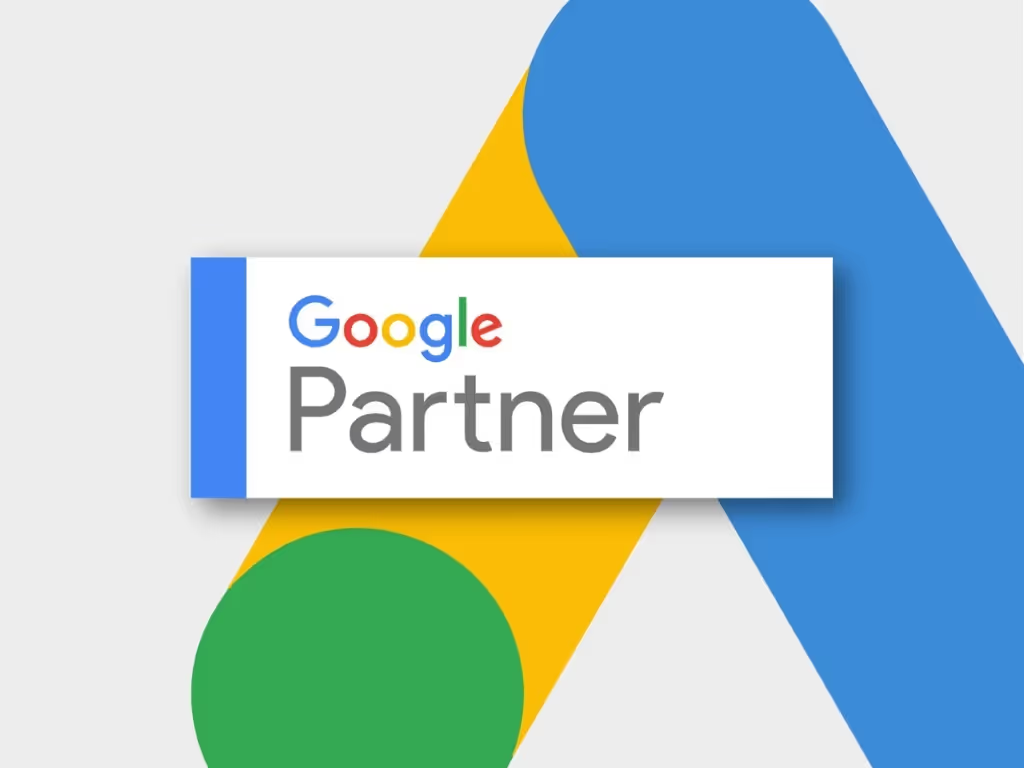
4.9 out of 5 from 670+ reviews on Fiverr.
That’s not luck — that’s performance.
Click-driven mind
with plastic-brick obsession.
We build Google Ads campaigns with the same mindset we use to build tiny brick worlds: strategy, patience, and zero tolerance for wasted pieces.
Data is our blueprint. Growth is the only acceptable outcome.

